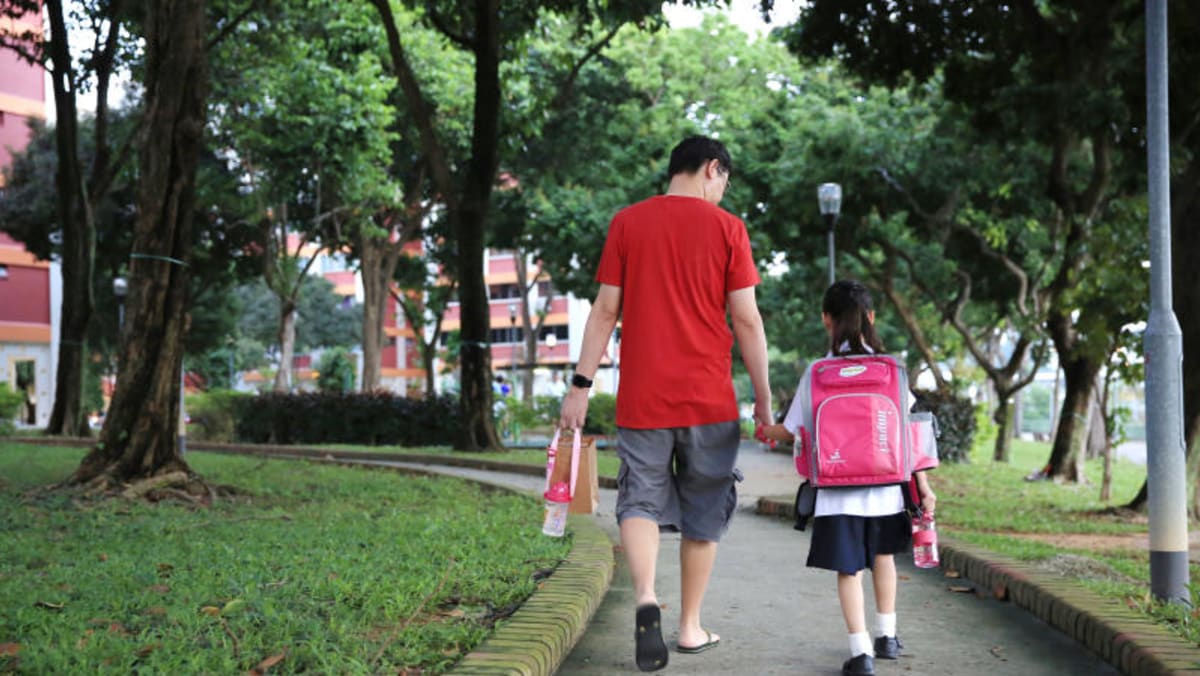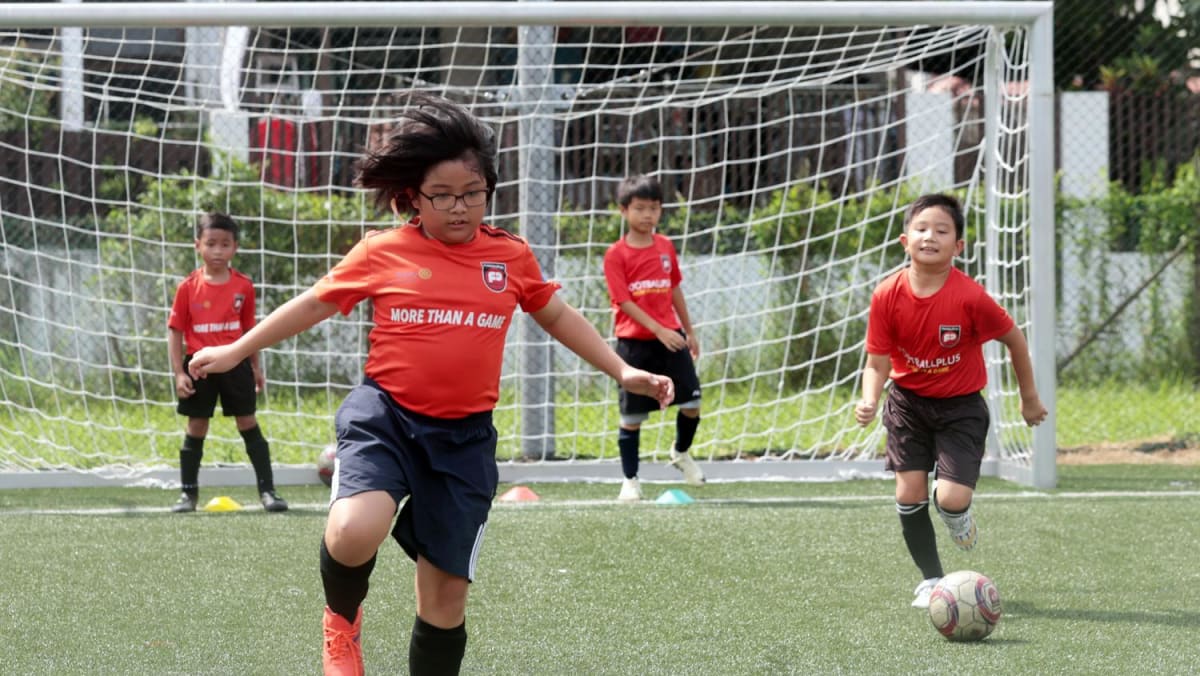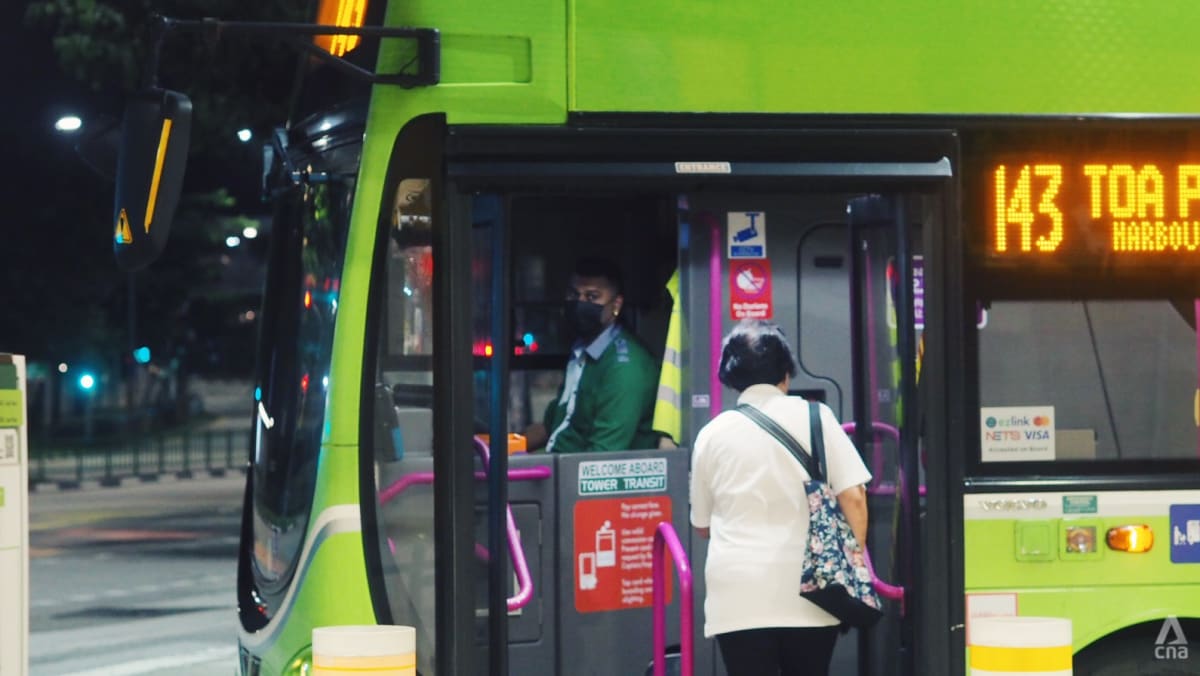SINGAPORE — Parents who exercise more self-control and face less financial stress tend to use less harsh punishments with their children, a National University of Singapore (NUS) study has found.
As a result, their children are more emotionally resilient and “mentally empowered”, especially in times of adversity such as the recent Covid-19 pandemic.
The research paper also showed that children who lived in “safer”, tight-knit neighbourhoods built resilience and had reduced symptoms of depression and anxiety at times of adversity.
NUS said this study is the first in Asia to track a large, diverse group of young children over time to understand how their environment and individual characteristics affect their emotional well-being.
The research was led by research fellow Dr Chen Luxi and Professor Jean Yeung Wei-Jun from the Human Potential Translational Research Programme at the Yong Loo Lin School of Medicine at NUS.
Dr Chen explained that parents who were better educated, with stronger self-control and had lower economic stress tended to use more functional strategies to interact with their children.
They used methods such as setting clear rules for children and enforcing them with guidance, discussions and encouragement rather than using harsh punishment, said Dr Chen.
“With better self-regulation, children are equipped with greater emotional resilience and are less likely to experience emotional symptoms when faced with adversities.”
METHODOLOGY OF STUDY
The research team studied more than 2,600 young children in Singapore across two time periods.
The first period was from 2018 to 2019 before the Covid-19 outbreak. The second period was in 2021, during the second year of the pandemic.
Data was collected over the two periods during home visits.
These child participants were aged between three and six before the Covid-19 outbreak and were tracked until the second year of the pandemic.
Among these children, 66.8 per cent were ethnic Chinese, 15.8 per cent were Malays, 12.3 per cent were Indians, and 5.1 per cent were from other ethnic backgrounds.
To track children’s self-regulation, they were given a “delay of gratification” task to assess their ability to restrain from being tempted with smaller immediate rewards to get larger delayed rewards.
Children were asked to receive either one reward now or more rewards after the game, which would take about 10 minutes. The rewards included balloons, stickers and erasers.
“The children’s ability to forgo instant gratification and pursue larger long-term goals is an important aspect of self-regulation,” noted the study.
These factors shape children’s resilience in coping with changing situations like the pandemic.
Before the Covid-19 outbreak, the research team measured the primary caregivers’ verbal cognitive ability, self-control, economic stress and parenting strategies, including how much control they had over their children.
Researchers used 10 statements to assess parents’ self-control and asked participants to choose from a five-point scale to describe their behaviour.
They also asked the primary caregivers to rate the safety and cohesion in their neighbourhood.
They rated their neighbourhood on factors such as whether it was a good place to raise children and the safety of walking around alone in the neighbourhood after dark.
Other factors measured the characteristics of the neighbours, including friendliness, taking care of each other, trust in each other and familiarity with each other.
FINDINGS OF THE STUDY
Parents who scored higher in the areas of verbal cognitive ability and self-control were more likely to use more positive methods such as guidance and limit-setting in their parenting, which effectively fosters children’s self-regulation and allows for children to develop emotional resilience.
Higher scores in self-control enabled parents to regulate their emotions effectively and inhibit the tendency to use emotionally charged strategies, such as spanking, grounding and scolding.
Also, parents with higher verbal cognitive ability were able to use more advanced reasoning and rich vocabulary to guide their children to follow and internalise the rules.
In contrast, the study discovered that parents who rely on harsh disciplinary approaches hinder their children’s ability to learn self-control and regulate their emotions.
This leads to a lack of proactive behaviour management and slows the development of self-regulation skills in children.
Dr Chen explained that educational level and financial abilities are important resources for functional parent-child interactions.
Parents who struggle with financial difficulties are usually more emotionally distressed and thus use more emotionally charged or punitive strategies to interact with their children.
The study also found that the environment plays a vital role in developing children’s resilience.
It found that children who lived in a safer neighbourhood with stronger cohesion and greater social support before Covid-19 showed fewer emotional symptoms during the pandemic. These children also had fewer emotional issues as time went on.
The research also noted that children benefit greatly from living in a safe neighbourhood within a tight-knit community. These factors can improve children’s resilience to cope with unpredictable and stressful situations, and achieve more positive outcomes.
The study found that children with a live-in domestic helper tended to face fewer emotional problems. The researchers posit that this could be due to the domestic helper alleviating “daily hassles” in the family.
Still, the research found that living with grandparents might result in more emotional issues, especially during the pandemic. This could be due to disagreements over parenting or inter-generational conflicts, noted the researchers.
WHAT DOES THIS MEAN FOR PARENTS
The researchers said that parents and the way they behave play a crucial role in the way that children learn self-control and regulate their emotional state.
More than parents’ behaviour, the paper also emphasises the importance of using the various forms of wider support, such as from the community, to help children become emotionally stronger and more adaptable in tough times.
As such, the paper focuses on “family-based interventions”, such as encouraging parents to attend parenting workshops and parenting programmes to understand how to interact with their children and build better relationships.
By doing so, these interventions aim to enhance how parents interact with their children, ultimately promoting resilience within the family unit.
“Parents, regardless of their educational and financial backgrounds, can practise self-control more frequently in their daily lives, such as managing their own emotions, breaking bad habits and inhibiting temptations in order to pursue long-term goals,” said Dr Chen.
“By doing so, parents can work as role models for their children when guiding them to regulate emotions and behaviours… Functional parenting strategies can be learned and trained.”













